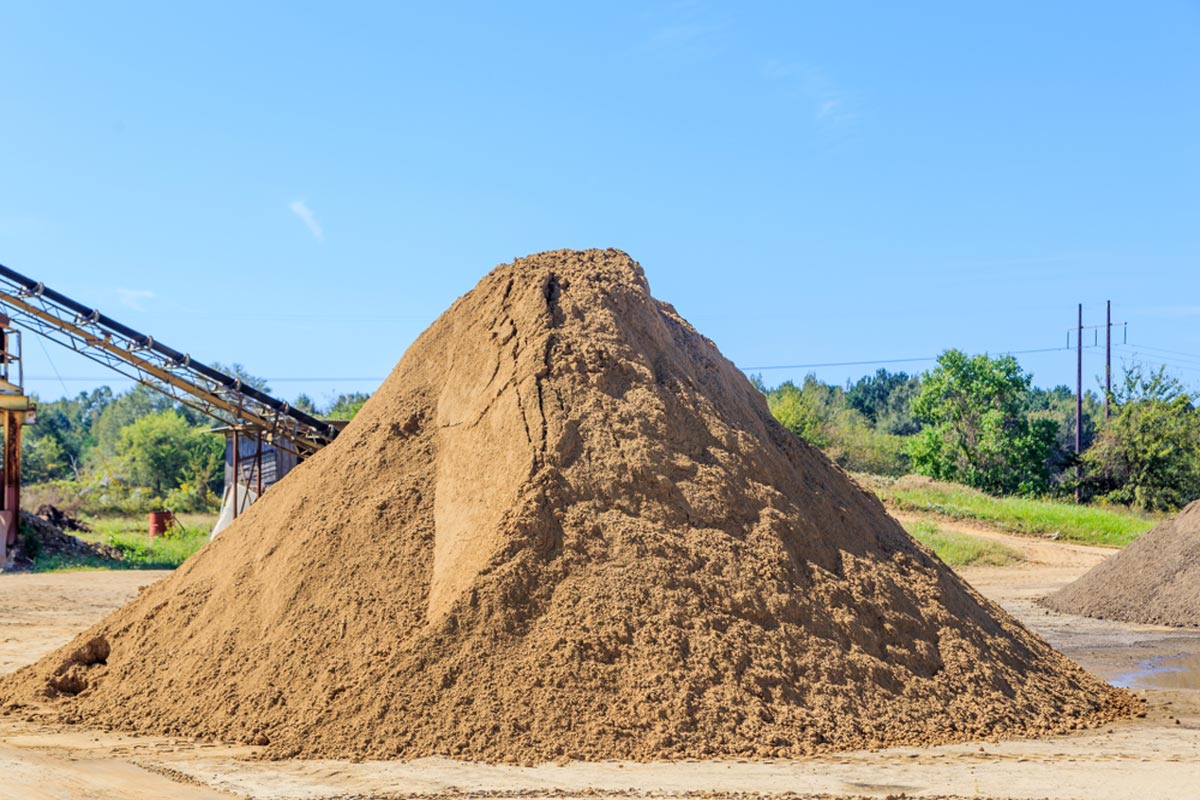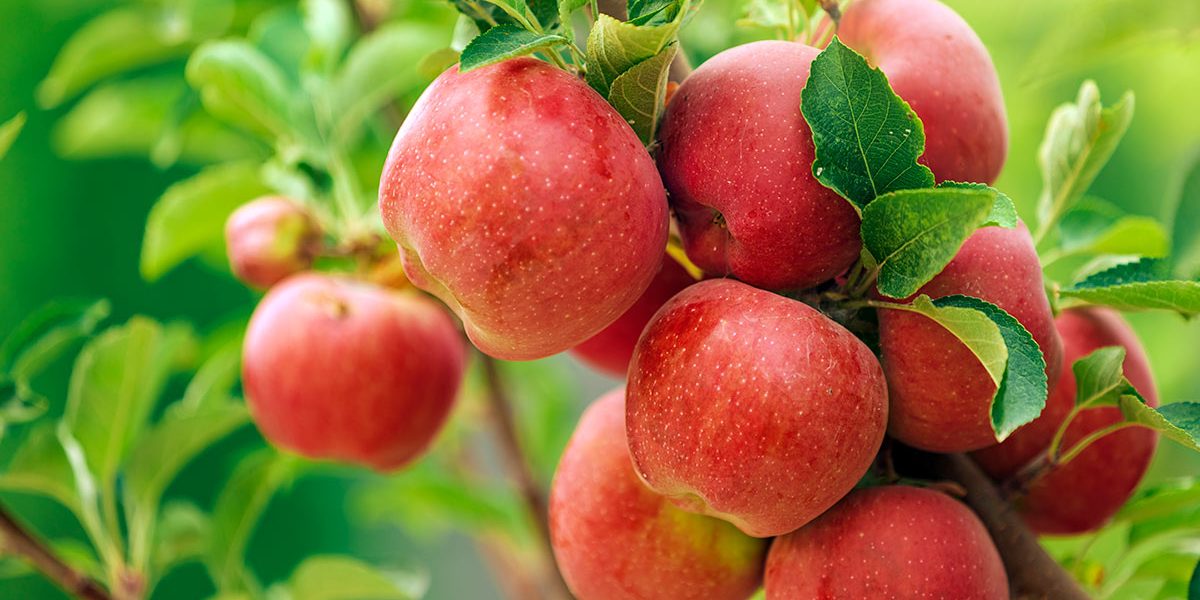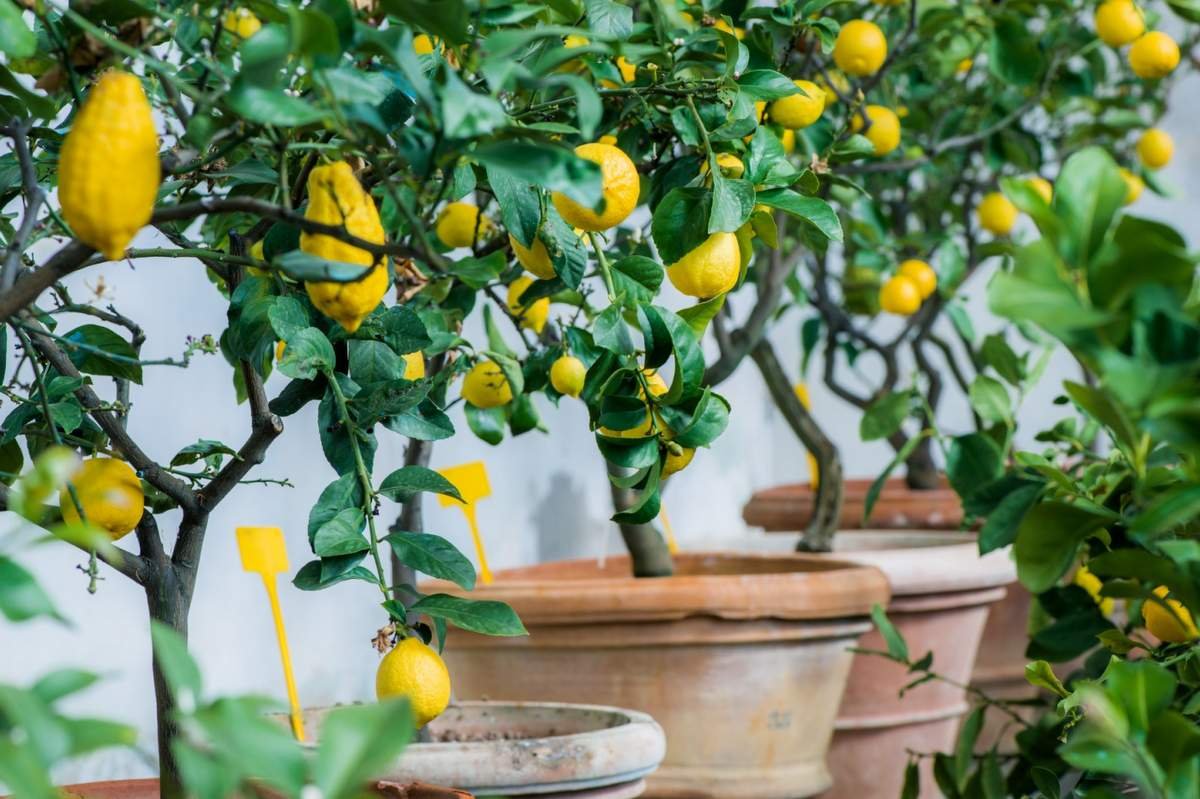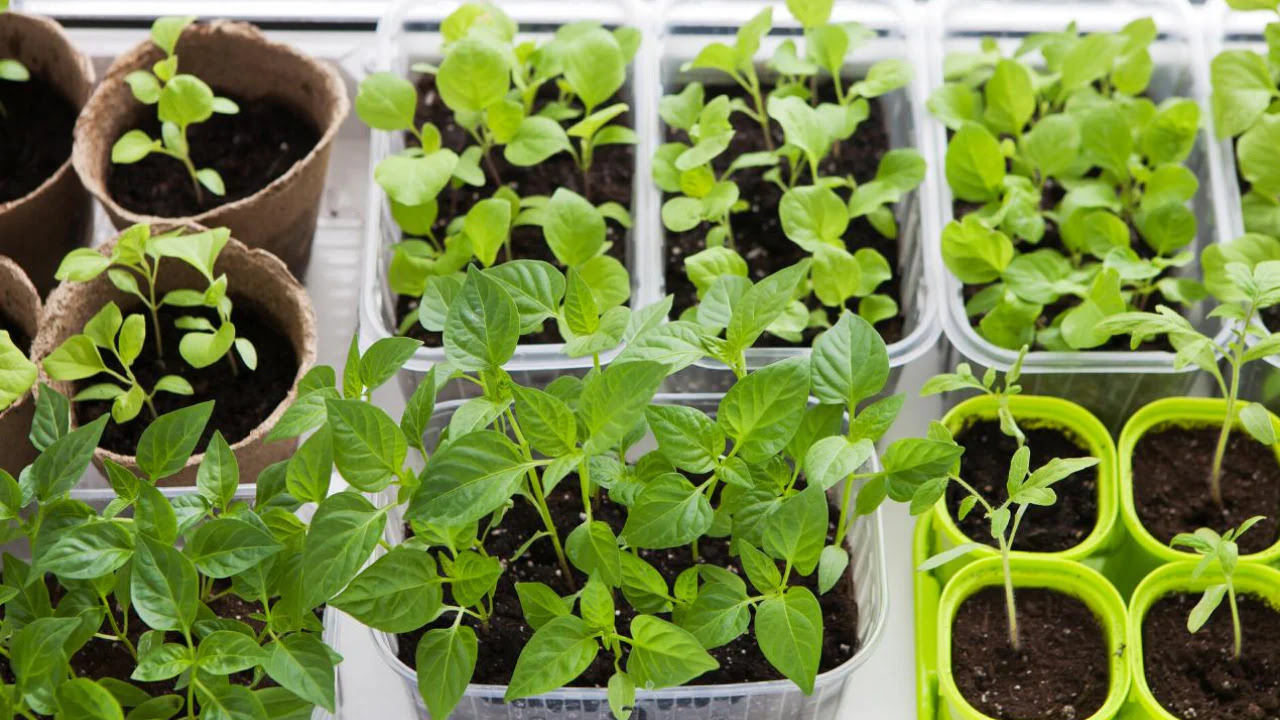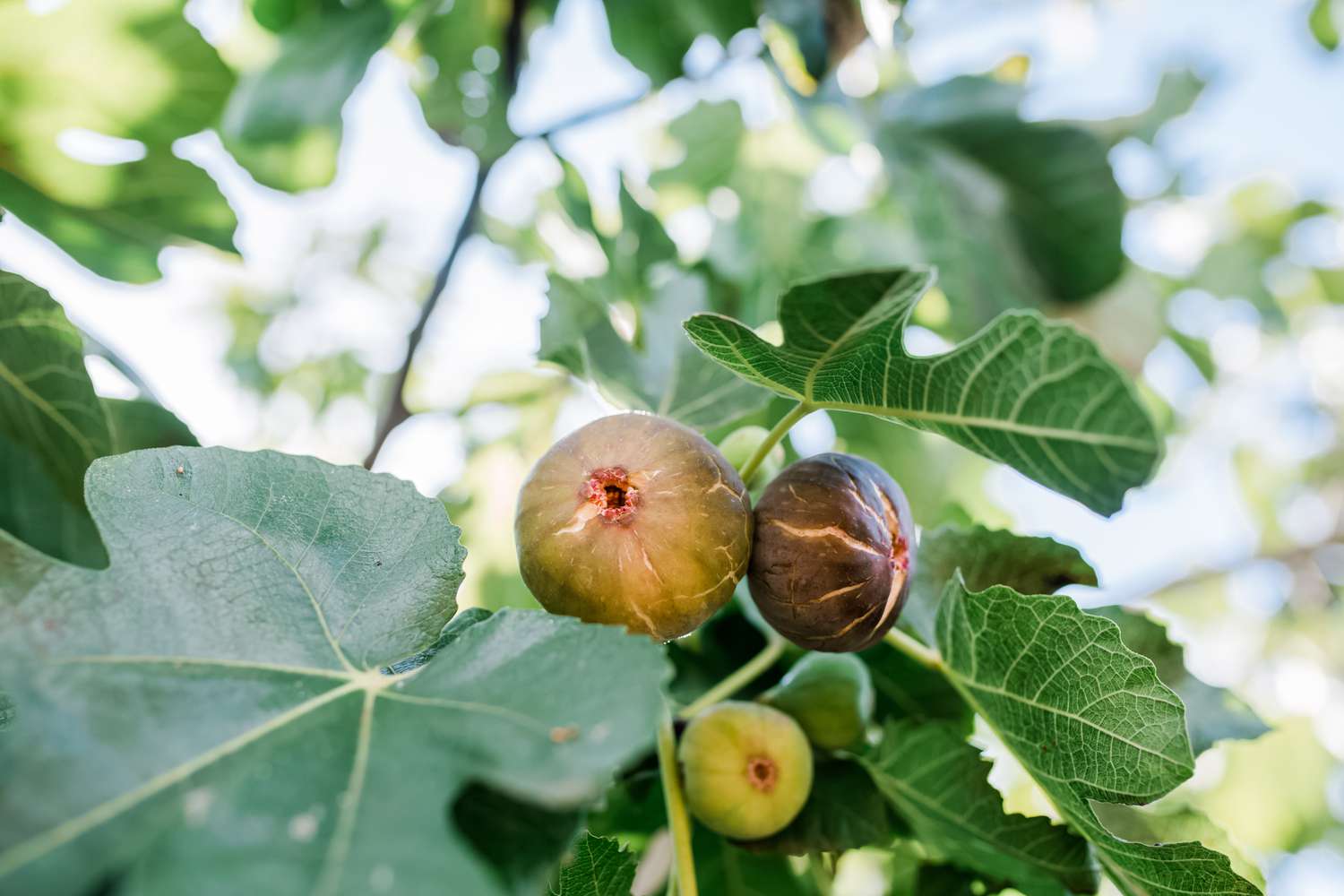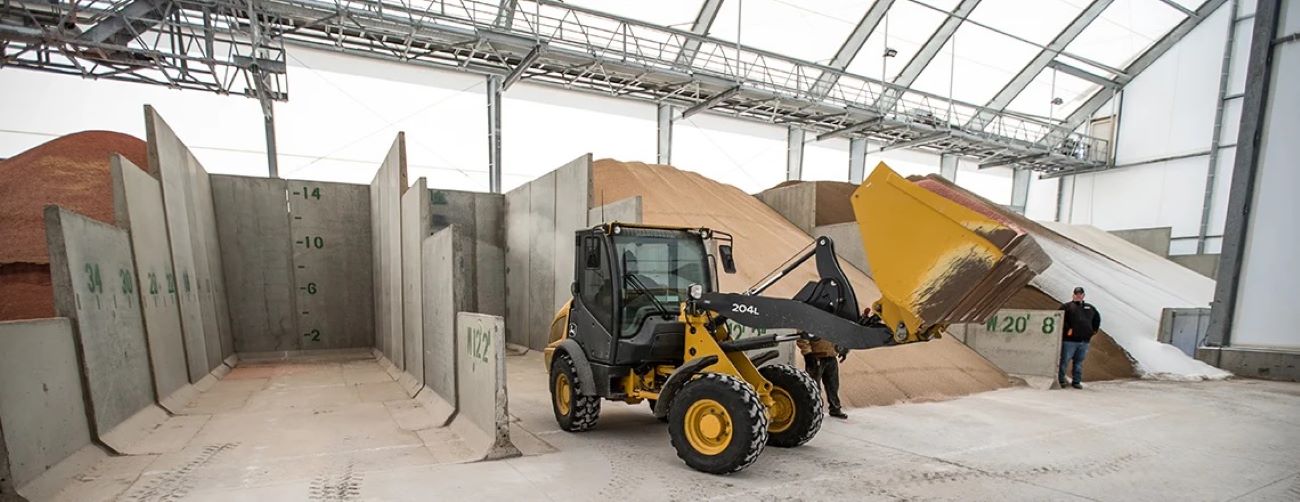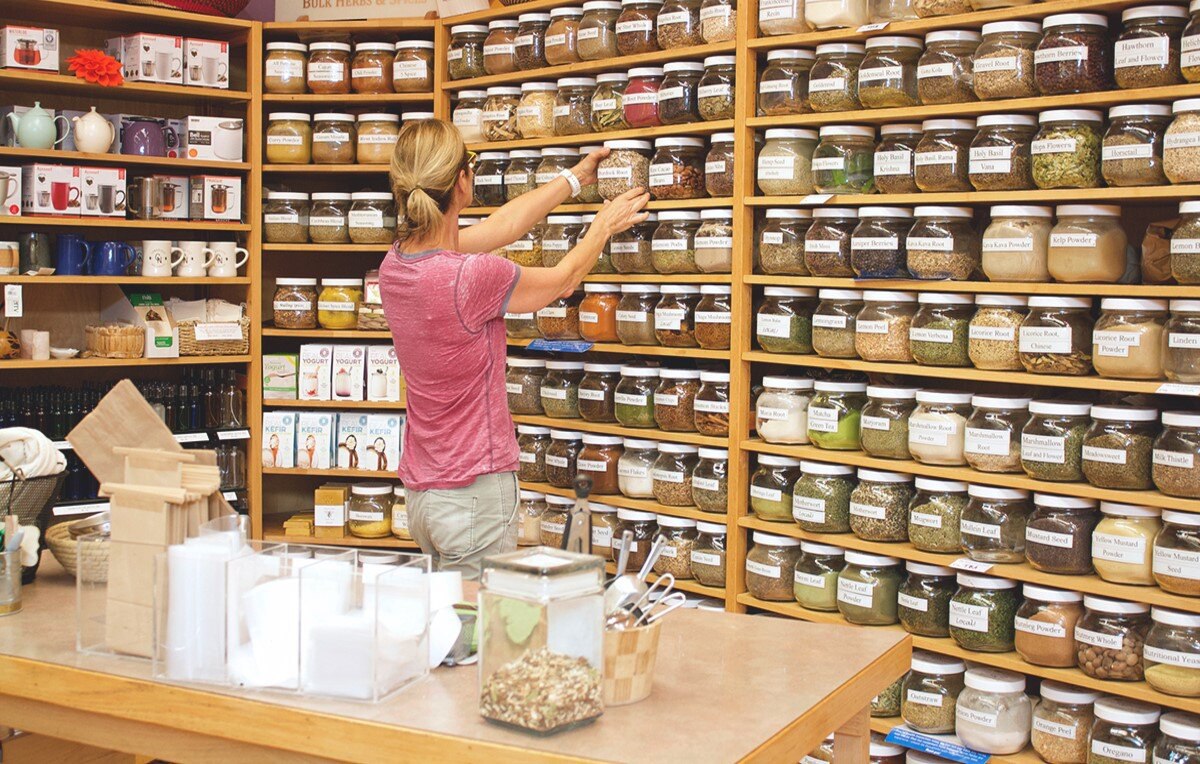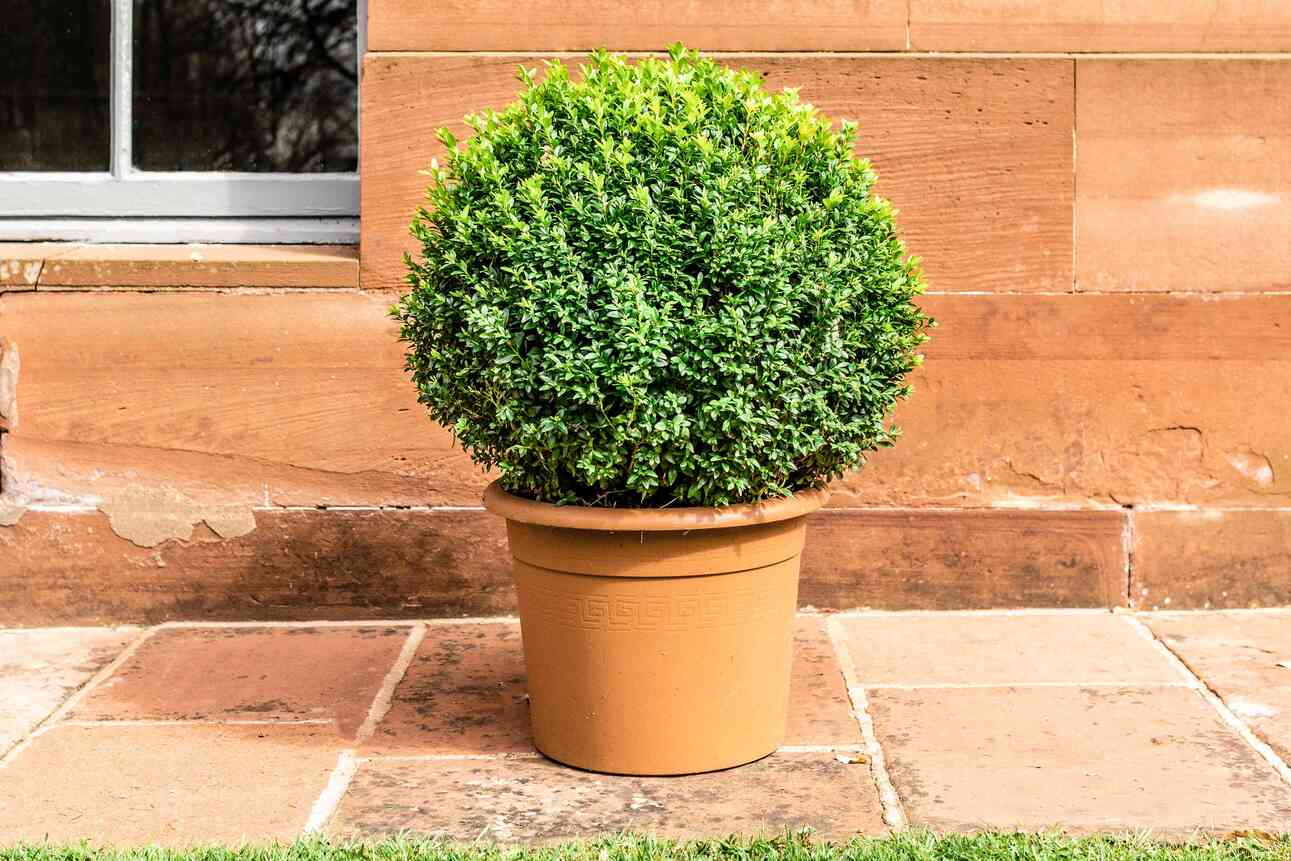Home>Gardening Tips and Tricks>Eco-Friendly Gardening>Where To Get Free Compost Near Me
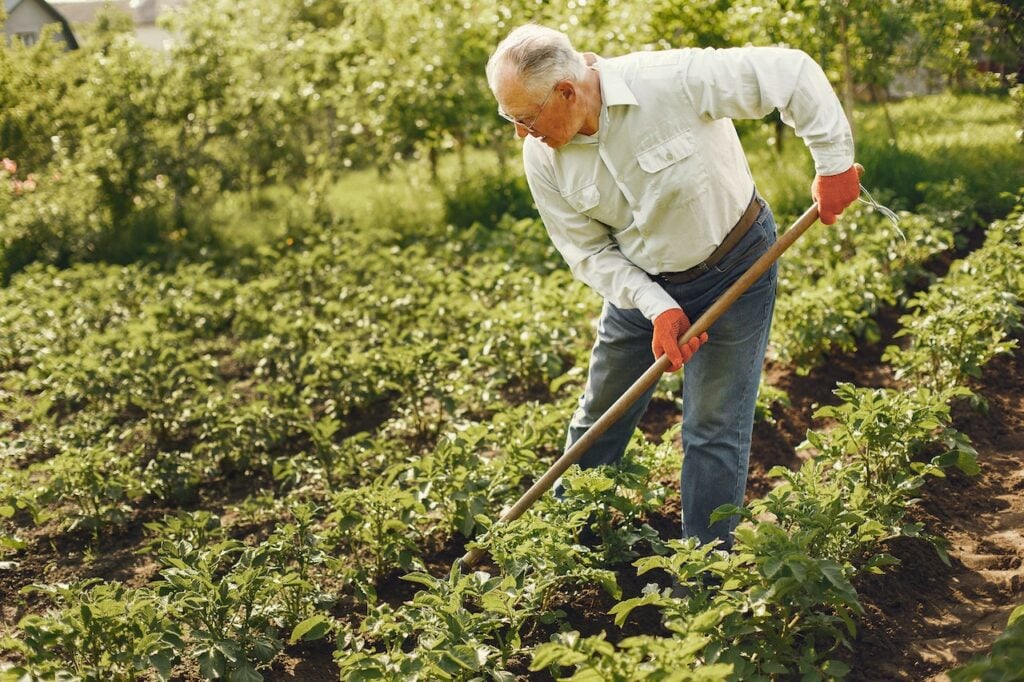

Eco-Friendly Gardening
Where To Get Free Compost Near Me
Modified: February 9, 2024
Looking for free compost near you? Discover eco-friendly gardening options and find the best sources for free compost in your area.
(Many of the links in this article redirect to a specific reviewed product. Your purchase of these products through affiliate links helps to generate commission for Chicagolandgardening.com, at no extra cost. Learn more)
Table of Contents
Introduction
Welcome to the world of eco-friendly gardening! If you’re passionate about sustainability and want to reduce your environmental impact, one of the best ways to do so is by incorporating compost into your gardening practices. Compost is a nutrient-rich soil amendment that helps plants grow healthy and strong, while also benefiting the environment by reducing waste and improving soil quality.
But where can you find free compost to kickstart your eco-friendly gardening journey? Luckily, there are several accessible and cost-effective options available to you. From public parks and gardens to local farms and recycling centers, you can discover a plethora of sources for free compost near you.
This article will guide you through various locations where you can obtain free compost for your gardening needs and help you take a step towards sustainable gardening practices. Whether you’re a seasoned gardener looking for new resources or a beginner venturing into eco-friendly gardening for the first time, this article will provide you with valuable information on where to find free compost in your area. So let’s dive in!
Public Parks and Gardens
Public parks and gardens are not only beautiful recreational spaces but can also be excellent sources of free compost. These green spaces often have designated composting areas where they collect and compost garden waste, such as fallen leaves, grass clippings, and pruned branches.
Many parks and gardens have compost bins or composting systems in place, which they regularly maintain and turn to produce nutrient-rich compost. By reaching out to the park or garden management, you may be able to obtain free compost from their composting operations.
Some parks and gardens even organize compost giveaway events, where they distribute compost to gardeners and residents within the community. These events are a fantastic opportunity to not only get free compost but also to connect with other like-minded gardeners and learn more about sustainable gardening practices.
To find out if your local public park or garden offers free compost, start by visiting their website or contacting their administrative office. They will be able to provide you with information on whether they have a composting program and how you can obtain compost from them.
When picking up compost from public parks or gardens, it’s essential to bring your own containers or bags to transport the compost. Additionally, be sure to inquire about any specific guidelines or restrictions they may have for collecting compost, such as designated pick-up times or quantity limitations.
Not only will you be getting free compost for your garden, but you’ll also be supporting the sustainability efforts of the park or garden. By utilizing their compost, you’re helping to close the waste loop and contributing to the overall health and beauty of your local community.
Community Gardens
Community gardens are vibrant spaces where individuals and groups come together to cultivate plants and enjoy the benefits of gardening. These collaborative gardening spaces often have their own composting systems in place, making them another great resource for free compost.
When gardeners tend to their plots, they generate organic waste such as vegetable scraps, weeds, and plant trimmings. Rather than disposing of this waste, many community gardens practice on-site composting, transforming these materials into nutrient-rich compost for the gardeners to use.
If you’re a member of a community garden, you likely have access to the compost produced within the garden. Simply inquire with the garden organizers or fellow gardeners about the availability of free compost. They may have specific guidelines for how and when you can collect the compost, so be sure to follow their instructions.
If you’re not part of a community garden but want to utilize their composting resources, consider joining or volunteering at a nearby garden. Participating in a community garden not only gives you access to free compost but also provides an opportunity to connect with other local gardeners, learn new gardening techniques, and contribute to the community’s sustainability efforts.
To find community gardens in your area, check with local gardening clubs, community centers, or your city’s parks and recreation department. They will be able to point you in the right direction and provide information on how you can get involved.
Remember, when collecting compost from community gardens, it’s essential to respect the guidelines and only take what you need. This ensures that there is enough compost for all gardeners and helps maintain the sustainability of the garden’s composting system.
Community gardens are not only a source of free compost but also a hub for knowledge exchange and community building. Take advantage of these shared gardening spaces and be a part of the eco-friendly gardening movement in your area.
Municipal Composting Sites
Municipal composting sites are facilities operated by local governments or waste management departments specifically for composting organic materials. These sites are designed to handle a large volume of organic waste from residents, businesses, and institutions in the community.
If your city or town has a municipal composting program, you may be able to obtain free compost from these facilities. Municipal composting sites often produce an abundance of high-quality compost as a byproduct of their operations, and some municipalities offer this compost to residents for free or at a nominal fee.
To find out if your local government has a municipal composting site and if they distribute compost, start by visiting their official website or contacting the waste management department. They will be able to provide you with information on the availability, collection methods, and any restrictions or guidelines for obtaining compost.
When visiting a municipal composting site, be prepared to bring your own containers or bags to transport the compost. Depending on the site, they may have specific times or days when compost is available for pickup, so it’s essential to plan accordingly.
Municipal composting sites are an excellent resource for free compost, as they often have well-established composting systems that produce high-quality, nutrient-rich compost. By utilizing this compost, you not only reduce your gardening expenses but also contribute to the reduction of organic waste in your community.
Furthermore, supporting municipal composting initiatives promotes sustainable waste management practices and helps create a more environmentally friendly and resilient community.
So, if your city or town has a municipal composting program, be sure to take advantage of this valuable resource and acquire free compost for your eco-friendly gardening endeavors.
Local Farms
Local farms can be a hidden treasure when it comes to finding free compost. Many farms generate a significant amount of organic waste, such as animal manure, plant residues, and crop leftovers. To manage this waste, farms often engage in composting to create nutrient-rich soil amendments that benefit their crops.
By reaching out to local farms in your area, you may be able to obtain free compost. Some farms have excess compost that they are willing to give away or sell at a minimal cost. This is a win-win situation, as you get free or affordable compost for your garden, and the farm reduces its waste and contributes to sustainability.
To find local farms that offer free or low-cost compost, consider checking online directories, contacting your local agricultural extension office, or reaching out to farmers’ markets. Additionally, visiting farm stands or attending farmers’ market events can provide opportunities to inquire about the availability of compost.
When collecting compost from local farms, it’s important to respect their guidelines and restrictions. Some farms may require you to bring your own containers or have specific pick-up times. It’s also good etiquette to express your appreciation for the compost and support the farm by purchasing their produce or products, if available.
Using compost from local farms not only enriches your garden soil but also helps build connections and support the local agricultural community. You can feel confident knowing that your gardening practices are aligned with sustainable agriculture and contribute to the local food system.
So, reach out to your local farms and explore the opportunity to obtain free compost. By doing so, you not only nourish your garden but also foster a stronger bond with the farming community in your area.
Recycling Centers
When it comes to finding free compost, recycling centers can be an unexpected but worthwhile resource. Recycling centers are facilities that collect and process a wide range of recyclable materials, including yard waste and organic waste.
Some recycling centers have composting operations in place, where they accept and process organic materials to create compost. This compost is often available to the public for free or at a minimal cost.
To find recycling centers that offer free compost, start by researching recycling facilities in your area. Check their websites or contact them directly to inquire about their composting programs and whether they distribute compost to the public. Some centers may have specific guidelines or restrictions for collecting compost, so be sure to familiarize yourself with their policies.
When visiting a recycling center to collect compost, it’s important to bring your own containers or bags for transportation. Be prepared to follow any safety protocols or guidelines the facility may have in place, such as wearing gloves or practicing social distancing.
Utilizing compost from recycling centers not only provides you with a valuable resource for your garden but also supports the recycling efforts in your community. By diverting organic waste from landfills and turning it into nutrient-rich compost, recycling centers contribute to environmental sustainability.
Additionally, collecting compost from recycling centers can be an educational experience. Some facilities may offer workshops or resources on composting and sustainable gardening practices, allowing you to expand your knowledge and skills in eco-friendly gardening.
So, don’t overlook recycling centers when searching for free compost. They are an excellent source that can help you take your eco-friendly gardening endeavors to the next level.
Yard Waste Collection Facilities
Yard waste collection facilities are designated locations where residents can drop off their organic yard waste, such as leaves, grass clippings, branches, and other garden debris. These facilities play a vital role in proper waste management and often provide an opportunity for individuals to access free compost.
When residents bring their yard waste to these facilities, it is typically processed through composting or mulching techniques to create nutrient-rich compost. Some yard waste collection facilities offer this compost to the public for free or at a low cost.
To find yard waste collection facilities in your area, check with your local municipality or waste management department. They can provide you with information on the locations of these facilities and whether they offer free compost to residents.
When visiting a yard waste collection facility to collect compost, it’s important to bring your own containers or bags for transportation. Some facilities may have specific guidelines or restrictions on the quantity of compost you can take, so it’s best to check with staff members or signage at the facility beforehand.
Utilizing compost from yard waste collection facilities not only provides you with a free resource for your gardening needs but also supports the proper disposal and recycling of organic waste. By utilizing this compost, you are contributing to a sustainable waste management system and closing the loop in the cycle of organic matter.
Furthermore, using compost from yard waste collection facilities promotes a circular economy by converting natural materials into a valuable resource that enriches the soil, enhances plant growth, and contributes to a healthy environment.
So, take advantage of your local yard waste collection facilities and explore the possibility of obtaining free compost. Not only will it benefit your garden, but it will also contribute to a greener and more sustainable community.
Online Platforms and Social Media Groups
In this digital age, online platforms and social media groups have become powerful resources for connecting with like-minded individuals and accessing information. When it comes to finding free compost, these platforms can be a valuable tool.
There are online platforms and social media groups dedicated to gardening, sustainability, and eco-friendly practices, where people often share tips, advice, and resources. These platforms can help you connect with local gardeners, compost enthusiasts, and individuals who may have excess compost to give away.
Start by joining gardening forums, Facebook groups, or online communities focused on sustainable gardening or composting in your area. Engage in discussions, ask questions, and express your interest in obtaining free compost. This active participation can increase your chances of finding individuals who are willing to share their compost or guide you to nearby composting sources.
Sometimes, gardeners or compost enthusiasts may have more compost than they need, especially during certain periods of the year. They may be happy to share their surplus compost with fellow gardeners looking to make use of this valuable resource.
Additionally, keep an eye out for posts or announcements about compost giveaways or exchanges in these online platforms and social media groups. Some individuals or organizations may organize events where they distribute free compost to interested individuals.
Utilizing online platforms and social media groups not only provides you with access to free compost but also fosters connections with fellow gardening enthusiasts. You can exchange knowledge, share experiences, and learn from others in the community.
It’s important to exercise caution and verify the credibility and safety of the individuals or sources offering free compost online. Meet in public places or community spaces when collecting compost and ensure that the compost is of good quality and suitable for your gardening needs.
So, leverage the power of online platforms and social media groups to tap into the vast network of gardeners and compost enthusiasts in your area. You might be surprised by the generosity and resources available to support your eco-friendly gardening journey.
Conclusion
Finding free compost for your eco-friendly gardening endeavors is not only cost-effective but also contributes to sustainability and environmental stewardship. By utilizing compost, you enrich your garden soil, promote healthy plant growth, and reduce waste.
In this article, we explored several resources where you can obtain free compost near you. Public parks and gardens often have composting programs, and community gardens can be valuable sources of compost. Municipal composting sites and recycling centers also offer free compost to residents.
Local farms may have excess compost available, and yard waste collection facilities can provide you with compost derived from organic garden waste. Additionally, exploring online platforms and social media groups can help you connect with local gardeners and compost enthusiasts who may offer or share their compost.
Remember, when collecting free compost, be mindful of any guidelines or restrictions provided by the sources. Bring your own containers for transportation and express gratitude to those who have contributed to the composting efforts.
By incorporating free compost into your gardening practices, you not only nurture your plants but also contribute to a more sustainable and resilient environment. As you embark on your eco-friendly gardening journey, make use of these resources and continue to explore innovative ways to reduce waste and protect our planet.
Embrace the power of composting and eco-friendly gardening, and let your garden thrive as a testament to your commitment to a greener future.
